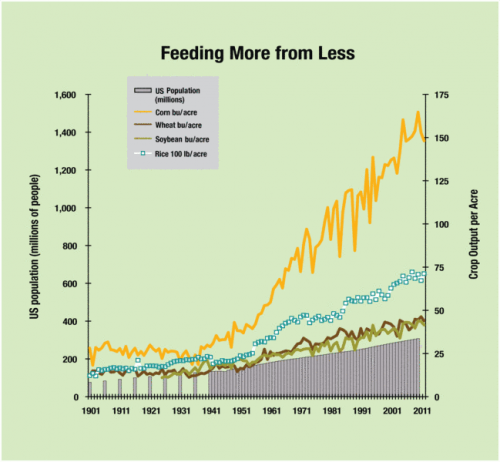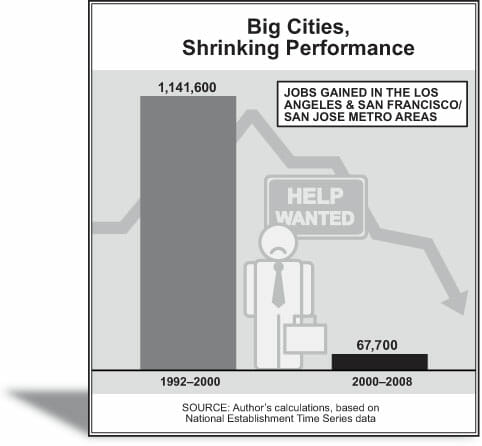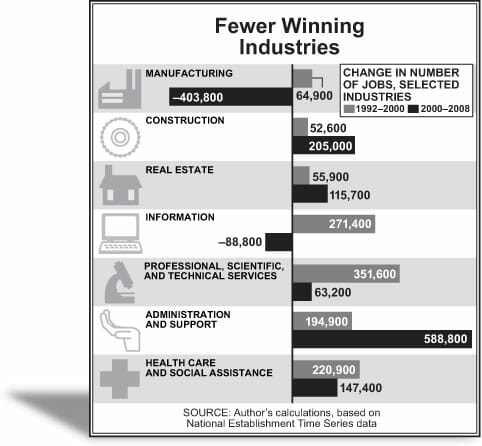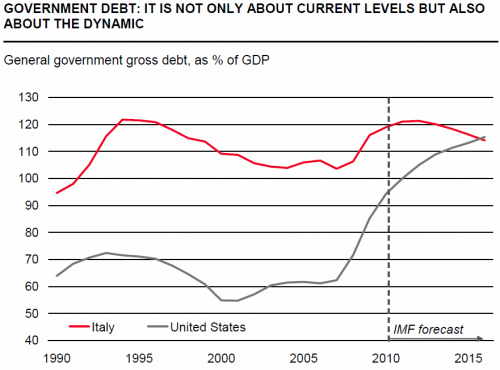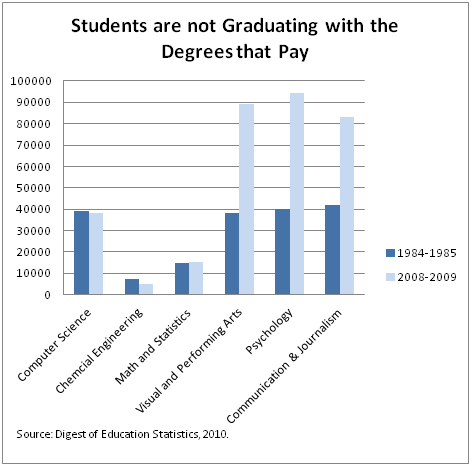Apple Newsstand is a Mess
I have written before that despite being a PC guy, the iPod 2 is probably the greatest piece of gear of I have ever owned. I take it with me everywhere.
However, the newsstand is a half-baked mess, and is so bad I can't believe they saw fit to release it in this form. The navigation is totally non-intuitive. I am never clear if I am going to go to the store or my list of downloaded magazines when clicking on a link. The library seems to forget that I own certain issues, and because of the choices Apple made, trying to Kluge the thing into its apps store interface, every magazine is really its own app and the Newstand is actually nothing much more than a folder holding all the apps. This means that the interface changes radically from magazine to magazine. In half the magazines, I still have not been able to figure out how to navigate from inside a single issue back to the overall issue list. And don't look for an integrated issue list across all magazines - there is none. You have to go into every single magazine app to see what issues are available in that particular product.
Worse, the subscription system does not seem to work for many of the magazines. I have subscribed to magazines, but that fact is not always obvious in the interface. And in many cases, the magazines I get to download seem to have little relationship to whether I subscribed. For example, I subscribed to PC Gamer but am not offered any of the newest issues to download -- they show up as requiring a full price purchase.
There are other bizarre touches as well. The newstand has a little red "2" icon in the corner, which in the apps store means there are two apps that have updates. But I can't figure which of my magazines needs updating -- there is no icon on the individual magazines hinting they need updating somehow, and there is no "update all" button or even a button to see a list of updates available as there is in the app store. Yes, I know the new issues are theoretically supposed to download automatically. The NYT does. A number of magazines don't, and I have had to go into the store and click on them to get them to download.
Finally, looking at my iphone, which should have a mirror of all the magazines I have bought on the ipad (same apple account), only about half the magazines show up.
This is just a big, big disappointing mess, all the more so because the iPad feels like the perfect device to read magazines. I can only guess this was all driven by a desire to reuse the existing apps micro-payments infrastructure, but the result is very un-Apple. The only reason one tolerates Apple's closed ecosystem and resulting loss of options and flexibility is because it yields predictability, particularly in the interface. Apple has thrown that all away with Newsstand and I can't believe their user community is going to tolerate it.
Update: I just googled the Newsstand and I get pages and pages of positive reviews. This absolutely has to be Apple fan-boy crap. Really, the Newsstand interface is really awful.
Update#2: The NYTimes apps seems to work beautifully, but most of the magazines have weird interfaces. Again, Apple does not seem to have imposed a single interface structure on magazine app developers, so they all have their own.
